There’s something that happens to me fairly often when I listen to a new nonfiction podcast. I’ll hear about a podcast that discusses some subject I care about, and I’ll be so excited for a new nonfiction show to latch onto. Maybe it’ll be the new Radiolab or Invisibilia, I think, or maybe it’ll be a new hyper-niche listen I look forward to each week. I’ll get a few episodes in, though, and find my optimism slowly waning until, some 10 episodes in, I’ll think to myself, “I hate listening to this. Why do I hate listening to this?”
The culprit is almost always the same. The show is a great conversation, but it just doesn’t make for a good podcast. There are three main types of podcasts that fall into this Podcast Problem:
- The Indie Authentic: the new, usually independent podcast striving for the utmost authenticity
- The Relic: the podcast that has been around for so long but has not adjusted or updated their practices for newer industry expectations
- The Laurel-Rester: the podcast by someone of some clout who thinks said clout will provide listenership so no other measures need to be taken
The Indie Authentic
The Authentic is a type of the Good Conversation, Bad Podcast problem usually seen in newer, independent, nonfiction podcasts striving for authenticity. This is both the most common and the most forgivable of the subsets for this Podcast Problem, but unfortunately, it’s also the subset most likely to make people stop listening to a show.
There’s something to be said about “authenticity” when it comes to new media. The strive for authenticity–a word you’ll see used as almost a synonym artistic quality everywhere from the Sundance Institute’s “vision” to All Songs Considered‘s take on the new Kesha album (which, by the way, really is phenomenal)–is a noble one, but the execution often negates any credibility that would be gained with its success.
In trying to be authentic, many podcasters steer clear from editing or trying to produce “good audio.” The idea, here, is that authenticity–keeping in the hiccups, the disagreements, the behind-the-curtain moments of audio recording–is subversive and unique. In order to discuss why this tactic is almost always a stumble in the podcasting world, I think it’s important to discuss another creator-emphasized, new media world: YouTube.
While I think Folding Ideas’s video should be watched in full, here is the crux of what I find most relevant when discussing podcasts:
The lines between “vlog” and “not vlog” are blurred by the medium of YouTube itself, or, more specifically, the cultural dialect of YouTube as a fictive space-how YouTube, as a collective cultural entity, has decided videos should sound. [. . .] This is an example of [something similar to] the “grammar” of film.
[. . .] It’s important to remember that for years, up until 2010, YouTube had a hard limit of ten minutes per video with only a select few account permitted to go over that limit–the point being that there were, in the formative days of online video, structural incentives to keep things short.
[. . .Editing a vlog] is a dialect that is so obviously synthetic that it becomes authentic, so clearly a simulation that if feels hyperreal. This hyperreal cadence has, for better or worse, become intrinsic to [the medium’s] wider dialect.
So what, then, is the grammar of podcasts? Unlike YouTube, the incentive for shorter content is almost antithetical to podcasting. Podcasts have usually found comfort in either one-hour episodes or fifteen-to-twenty-minute episodes. There’s more room to breathe and ramble within the space of podcasts, and both are encouraged. The grammar was also largely established by sources like NPR and BBC, which have streamlined focus, clean production, and specific limits to rambling or tangentially-related discussions. While many “friends having a conversation” podcasts were early adopters of the medium, the grammar was still set by hows like Radiolab or This American Life–the shows the broad audience thinks of when they think about how podcasts “should” sound.
As with the example in the video, there are some things necessarily edited out that get in the way of sounding actually authentic. You don’t want your audience to hear about your Skype call dropping, because you want your audience to be immersed in your conversation. You don’t want your conversation to meander too far from its starting point, even with the freedom of having about an hour, because you want to remain in the hyperreal dialect of the medium.
It doesn’t help that this tactic of striving for authenticity by editing nothing is not subversive. In a saturated medium, and in an especially saturated genre of conversation podcasts, this comes across as amateur laziness, not authenticity. We all know the cliche of “everyone has a podcast” or, “anyone could have a podcast,” and unfortunately, this is one of the reason why. This isn’t to say that every podcast needs to be 99% Invisible; this is to say that editing and authenticity are not mutually exclusive, and listeners, by nature, will want audio that is at least a little cleaner than your raw recordings.
If the desire, here, is to have a podcast because you want to have a podcast, to not edit because you hate editing, that’s certainly not something I can fault you for. One of the best things about the medium is the DIY nature of it and its accessibility. I can say, though, that if you’re wondering why your listenership hasn’t grown, this is probably a major contributing factor.
The Relic
The Relic is a type of the Good Conversation, Bad Podcast problem usually seen in podcasts that started more than seven years ago and just hasn’t updated with the times. This is the subset that’s frustrating but at least understandable. While it’s a problem that’s unlikely to make old listeners unsubscribe, it’s much more likely to alienate new listeners.
Several times a year, I’ll try to revisit a podcast from my youth, wondering why I left it behind. Usually, it’ll only be a few moments before I realize just how antiquated it’s become in the modern podcasting world. Sometimes this is as simple as a hardware issue: one would think that, after over ten years of podcasting, the hosts would, for instance, purchase mics that aren’t just part of their laptops.
Often, though, the problem is more about how the show hasn’t adjusted to the dialect of podcasting as a medium. As explained in the video above, the dialect of YouTube is changing, and so is the dialect of podcasting. It’s not part of the dialect to have conversations about nothing anymore, like it once was in early podcasts. It’s not part of the dialect to have a loose theme that only somewhat discusses a broad topic for an entire hour. It’s not part of the dialect to have long pauses, hang onto dead air, or make pointedly unkind jokes for shock value–all things that were more permissible in the early days of podcasting. I would even argue that this rule sometimes applies to audio dramas that have failed to keep up with canonically LGBT+ and nonwhite representation for their characters.
An unfortunate reality of the medium is that because it is relatively new, it’s gone through several big changes since its inception, and that means shows may be lost in the lurch. Seasoned podcasters, though, should not see this as an excuse. I’ve seen plenty of podcasts change with the times, refine their methods, become kinder, become more inclusive, and become better shows because of those things. Change can be difficult, but when it comes to remaining relevant in a medium that keeps growing, it’s absolutely necessary.
The Laurel-Rester
The Laurel-Rester is a type of the Good Conversation, Bad Podcast problem usually seen in podcasts made by people with some clout outside of the podcasting world. This is the subset that frustrates me the most, because it is both the least worthy of excuse and the least likely to make people stop listening. With The Laurels, a creator–usually some form of celebrity, no matter how niche–seems to think, “I’m already going to have listeners when I start this podcast. I don’t really need to do anything else to make sure people listen to my show.”
The frustrating thing is that they’re right. Most of these podcasts could sound terrible, be incredibly boring for people who aren’t already fans, and bring absolutely nothing new to the industry–and their fans would still listen. It’s how celebrity status works, and in a world of digital content, “celebrity” is a category more and more creators fit into.
The problem here, then, isn’t that a show wants to be better than it is; the problem is that this is exactly why so many indie creators who put hours every week into their shows are still unnoticed. It doesn’t matter how beautiful your podcast sounds if you’re not Anna Faris or Alec Baldwin or Snoop Dogg. It doesn’t matter if you do all your own editing and production, even though though the people who could easily afford someone to do that for them won’t.
This is why, almost on principle, I avoid celebrity podcasts. The closest I get is subscribing to Mike Rugnetta’s Reasonably Sound or Dylan Marron’s Conversations with People Who Hate Me, but I subscribe to those because they’re also good podcasts. If anything, quality podcasts like these just make me even more frustrated with the ones that see no point in making a decent show.
You can find more of my problems with podcasts here. What are your thoughts on the Good Conversation, Bad Podcast problem? Do you adore any shows that fall under these categories? What makes do you think makes a good conversation a good podcast as well? Feel free to let me know in the comments below, on Tumblr, or on Twitter!
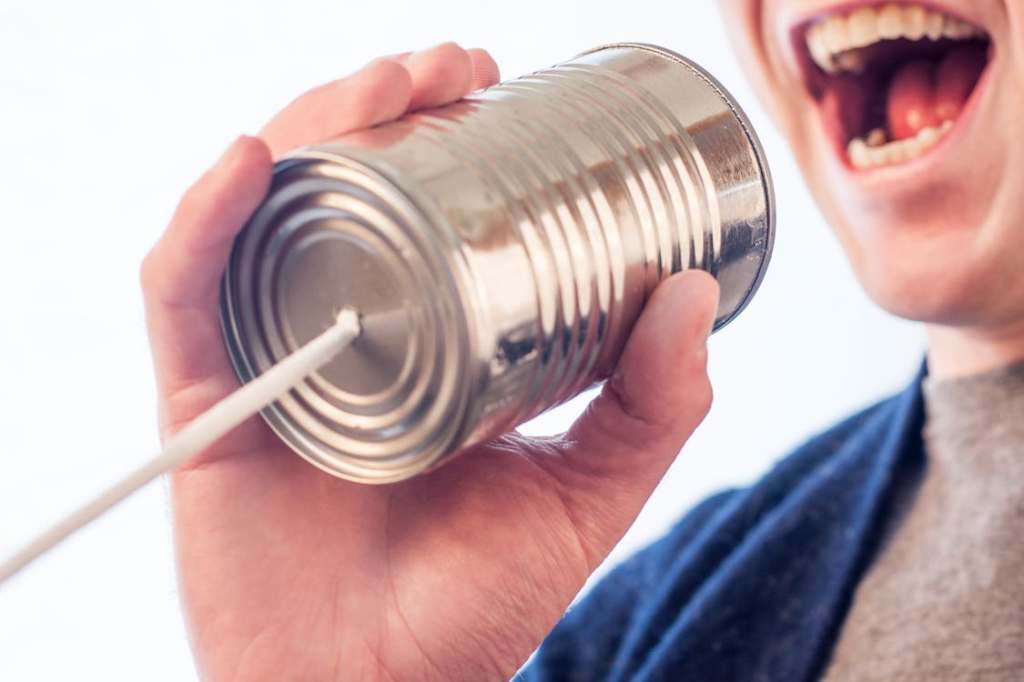

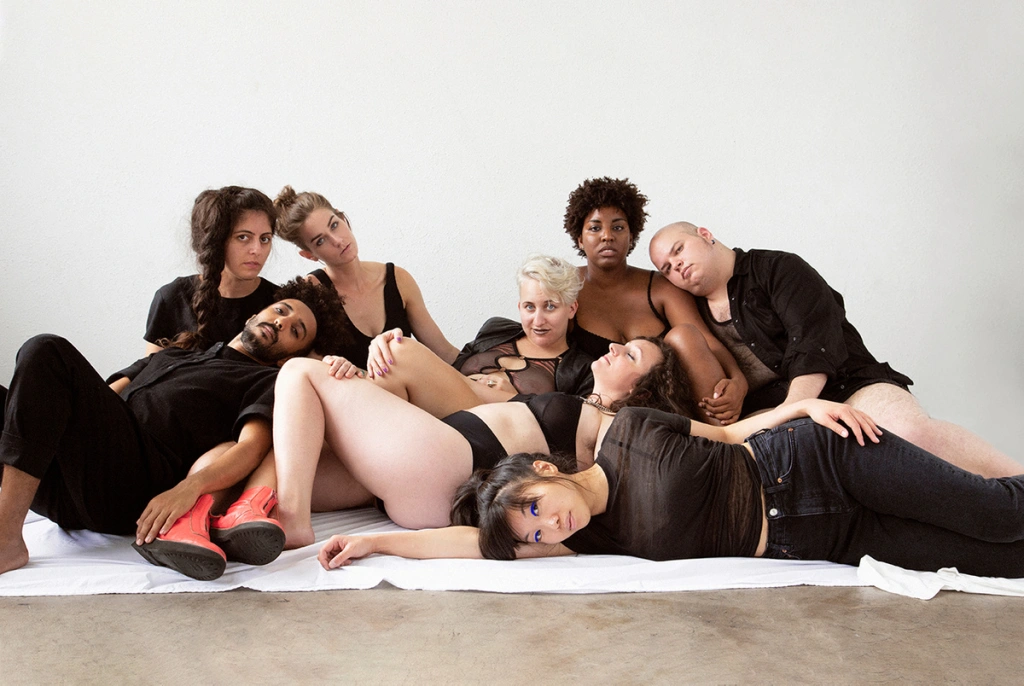
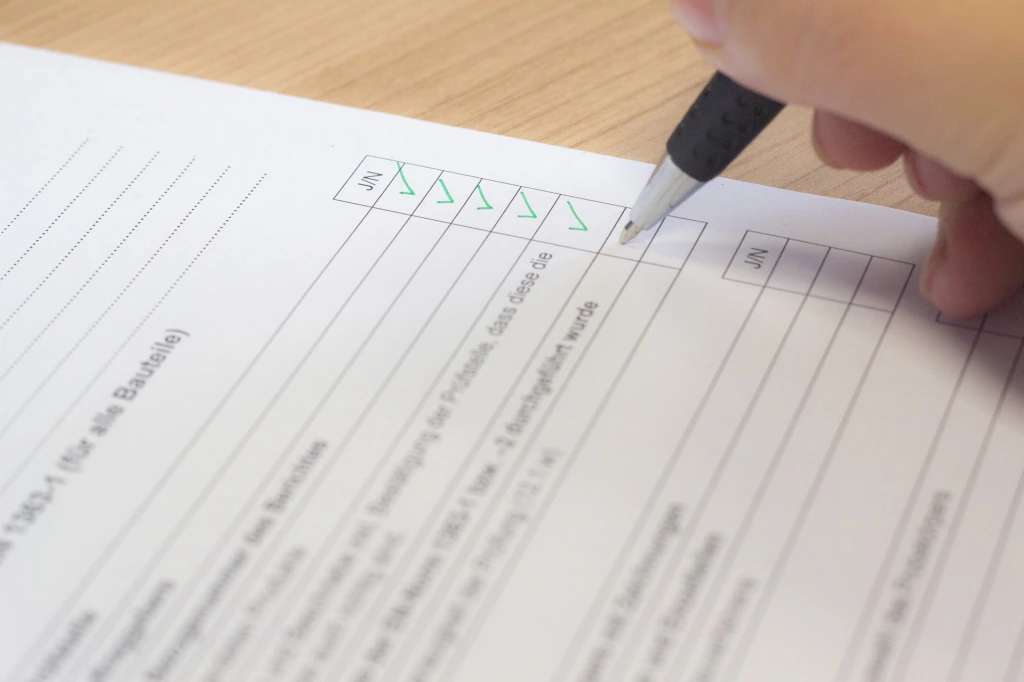
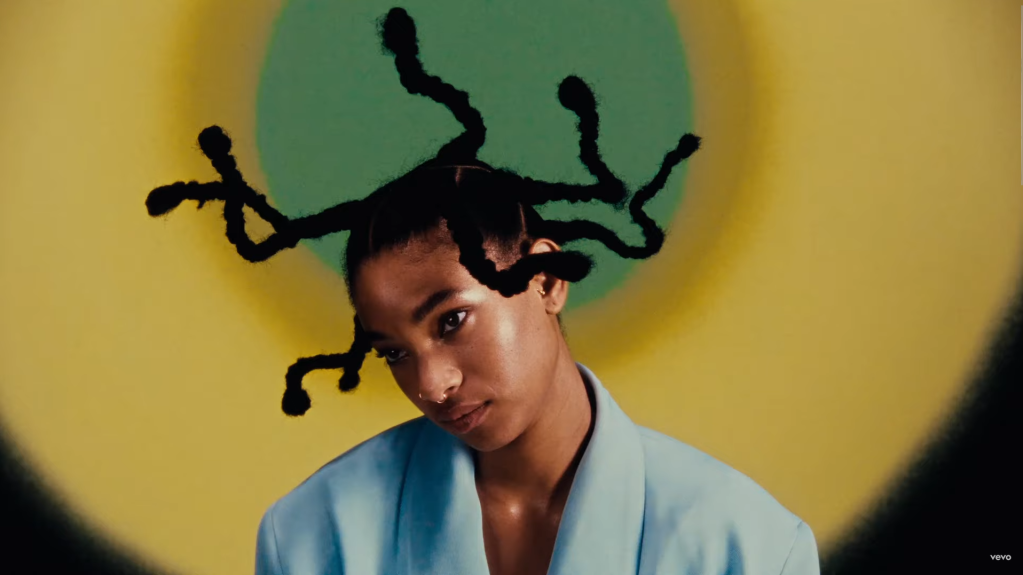
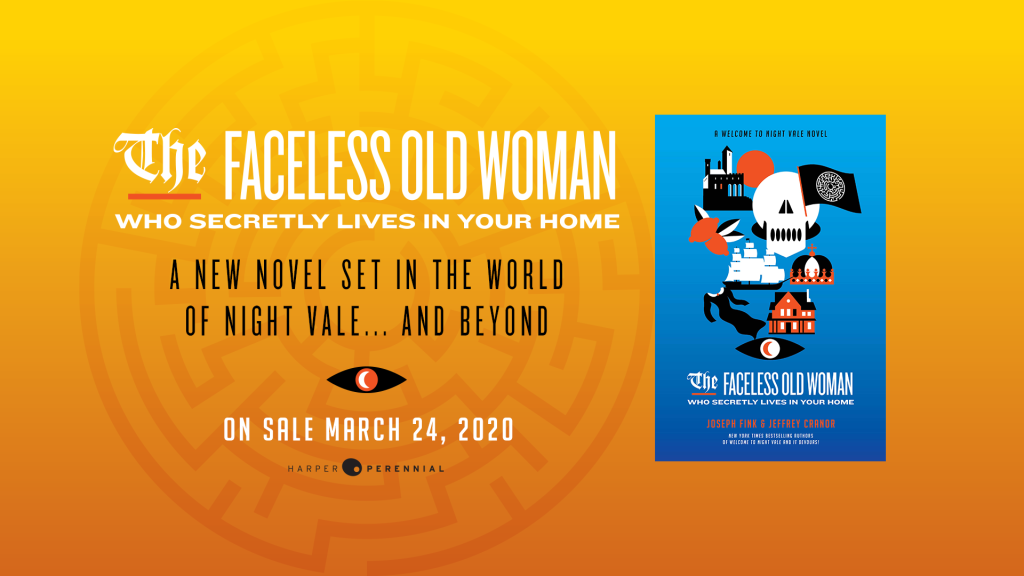
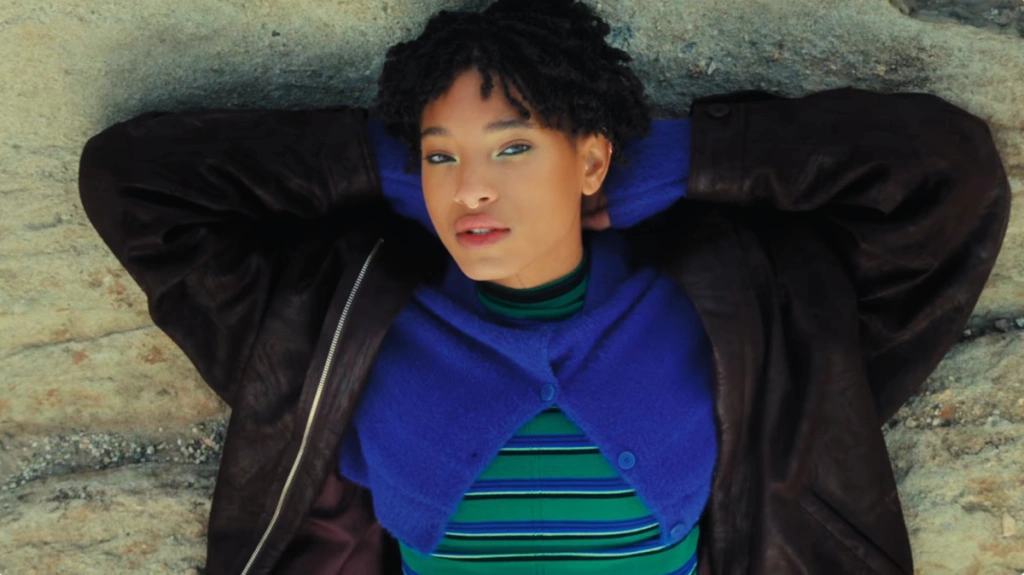

Leave a reply to This Week in Podcasts: 10/15/17 – 10/21/17 – Podcast Problems Cancel reply